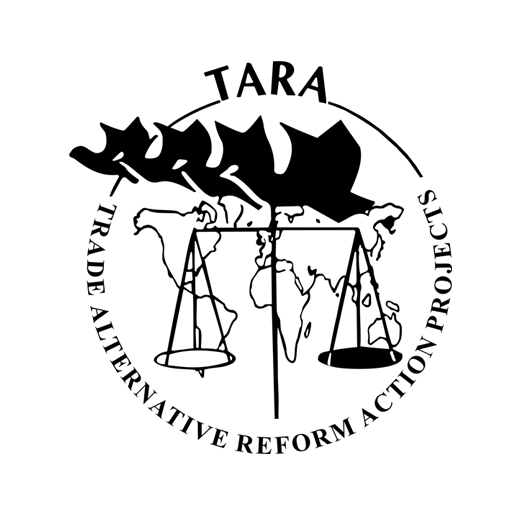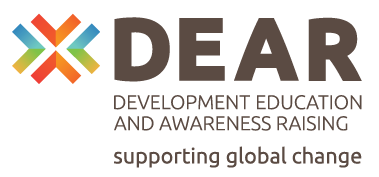Sofia
Emancipating oneself with fair trade craftsmanship
Batla House, ghetto musulman dans Delhi
Sofia works at TARA Projects main workshops, located in an affluent area of Delhi's Okhla district. The building is teeming with incessant work: its four floors are dedicated to the creation and production of jewelry, but also to the logistics of the project and the maintenance of large archives, where unsold jewelry is kept.
Sofia works in a large, ventilated room in front of a table filled with threads and trinkets. Working with women and men of all ages, she works diligently, producing jewelry by following the designs created by the master artisan.
Sofia does not live far away from there. Her home is at Batla house: a Muslim ghetto that started as a shanty town on the banks of the Yamuna river, and has now become dramatically urbanized and verticalized. The whole place looks like a tight tangle of building, electric cables and neon lights, constantly traversed by a stream of rickshaws and passerbys, dressed in western clothes or religious clothing. The neighborhood hosts a youthful population who, in many cases, studies at the nearby Jamia Millia Islamia public university.

The Batla House Ghetto is relatively prosperous, but also quite recent, as it was founded in the 1980s, during a period of withdrawal for the Muslim community, who sook to protect itself from the anti-Sikh riots of the 1980s.
The area grew even further during a second period of turmoil, caused by the anti-Muslim pogroms of the 1990s, and the distrust that some Hindu landlords held for Muslim tenants. A ghettoization process that is sadly common for a population that doesn’t feel protected by its government.
TARA Projects’ initiatives since the 1960s
TARA has supported artisans in Delhi since the 1960s, helping them join the global fair-trade network. Encouraged by the positive results of their first initiatives, the association subsequently organized actions in the states surrounding Delhi, giving particular support to the disadvantaged and discriminated populations of the country.
TARA not only gives support in handicraft production, but also in its dissemination and the negotiation of the artisan’s wages, indexed to the minimum wage of the State they live in. These artisans are also trained in literacy and mathematics workshops, and their regular salaries are also accompanied by a health insurance.
In addition, TARA Projects carries out awareness-raising actions in India and around the world, denouncing the exploitation of Indian artisans and promoting fair trade.
Many craftsmen in India are indeed exploited by conventional private contractors, who take advantage of the skills of these craftsmen to make them work for low salaries and in often dangerous conditions, sometimes even pushing them to make their children work in order to fill their quotas.



The emancipation of Sofia through fair trade
Before joining TARA, Sofia was one of these vulnerable populations. Coming from a Muslim migrant family, she had to stop studying and start working when her father, a ragpicker, fell ill. Fortunately, her parents were supportive of her job search, while her extended family believed that working would dishonor her.
After a visit to the TARA workshops, she was hired in the jewelry production section. In her work group, she was able to save 200 rupees per month to pay for a health insurance and make small loans. This allowed her to pay for her parents' treatment, as well as to install drinking water in her apartment and buy a scooter that would allow her to easily commute to work.
Several years have passed since Sofia's work started. With her savings, she built an apartment on land she inherited, and started to rent it out. Soon after, her extended family resumed contact with her, impressed by the improvement of her living conditions. The girls in her family started seeing her as a role model, and Sofia hopes that this will change her family’s prejudices against women.
After these difficult years, Sofia has acquired convictions which contradict those of her family: in fact, she firmly refuses to marry, and rather hopes to devote her next years to form an artisan workshop, in order to allow other women to gain their independence.
"Today, I have more confidence in myself. I realized that my life can change for the better, and that women are able to work as much as men.”
Manuel-Antonio Monteagudo








